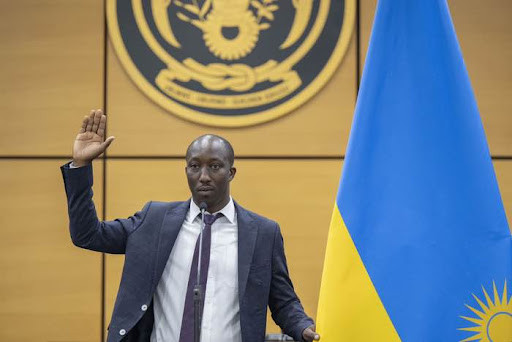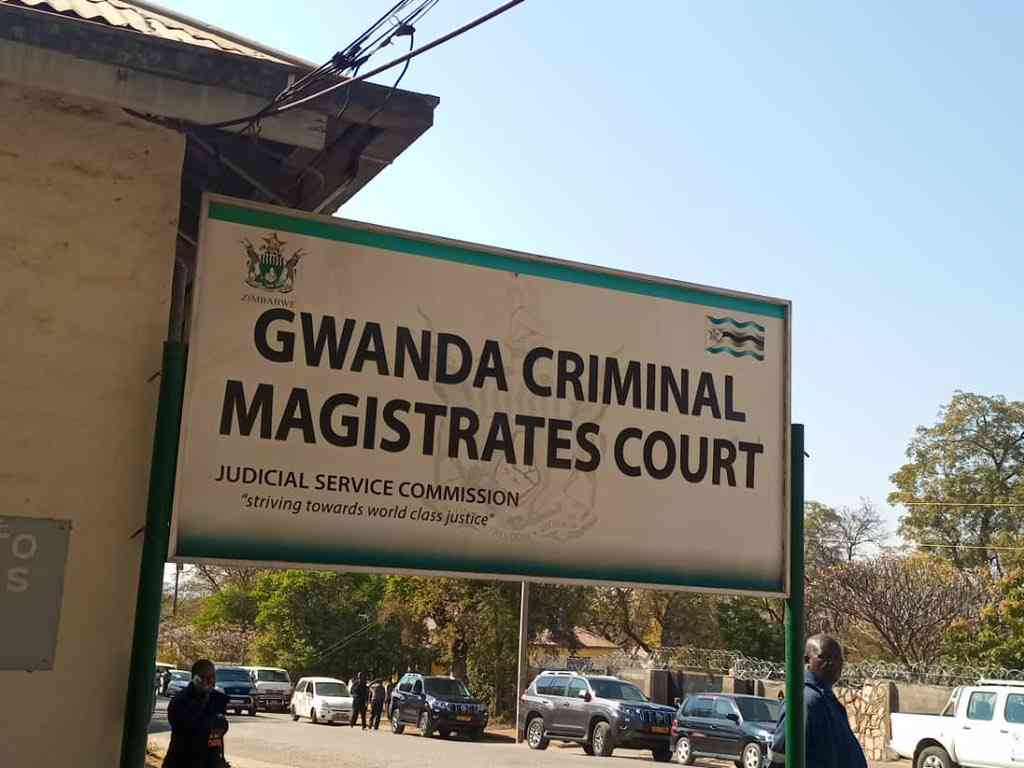
BY MIRIAM MANGWAYA ZIMBABWE’s human rights’ record will be under global spotlight next week during the United Nations (UN) Human Rights Council Universal Periodic Review (UPR) working group meeting.
The UPR working group will review Zimbabwe’s human rights record for the third time since 2008. The meeting will be webcast live.
Zimbabwe is one of the States to be reviewed by the UPR working group in its upcoming 40th session scheduled for January 24 to February 3, 2022, marking the end of the UPR third cycle.
A review cycle is a four-and-half year period within which all the 193 UN member States’ human rights records are reviewed. The working group convenes three two-week sessions per year, or 14 sessions over the course of an entire cycle.
The UPR 40th session was initially scheduled for November 2021, but was postponed due to COVID-19 travel restrictions.
Zimbabwe will be represented by Justice minister Ziyambi Ziyambi, while the three country representatives serving as rapporteurs for the review of the southern African nation are Namibia, Luxembourg and Armenia.
Ziyambi yesterday confirmed that he would attend the meeting, but refused to comment further.
“I cannot pre-empt what I would want to say at the meeting, I will provide more details after,” he said.
- Chamisa under fire over US$120K donation
- Mavhunga puts DeMbare into Chibuku quarterfinals
- Pension funds bet on Cabora Bassa oilfields
- Councils defy govt fire tender directive
Keep Reading
The UN human rights council reviews will be based on information provided by the government and independent human rights experts and groups, human rights treaty bodies and other UN entities.
Information provided by other stakeholders, including national human rights institutions, regional organisations and civil society groups, will also be used for review.
In recent submissions to the UN Human Rights Council, civic society groups accused government of introducing harsh laws to clamp down on their voluntary work.
In a joint statement ahead of the meeting, the Zimbabwe Lawyers for Human Rights (ZLHR), National Association of Non-Governmental Organisations (NANGO), Zimbabwe Human Rights NGO Forum (the Forum) and Women’s Coalition of Zimbabwe accused government of interfering with their work.
“Civic space continues to shrink at an alarming rate, proposed new laws such as amendments to the PVO [Private Voluntary Organisation] Act and Criminal Law (Codification and Reform) Act (Criminal Code), and the ‘Patriotic Bill’, will undermine the work of human rights defenders and NGOs, especially those working on governance issues,” read part of the letter.
“Further, the latest proposed legislation including amendments to the PVO Act/ Criminal Law code and a law on patriotism are major issues of concern, the government of Zimbabwe desires to amend the PVO Act to tighten the regulation framework under the pretext of implementing recommendation 8 of the Financial Action Task Force, yet the recommendation acknowledges the need for governments to desist from adopting disproportionate measures thus interfering with genuine charitable work.”
- Follow Miriam on Twitter @FloMangwaya










